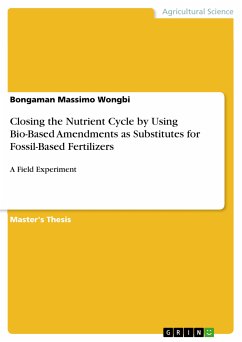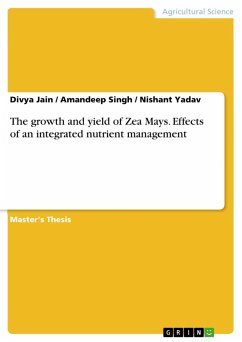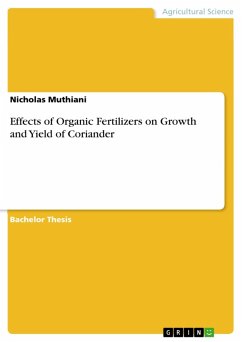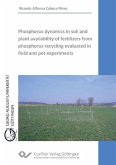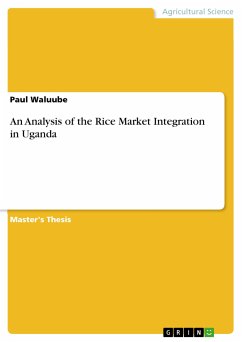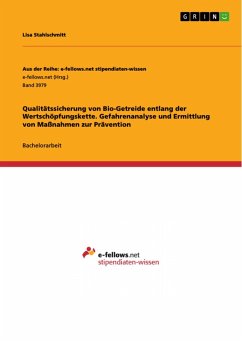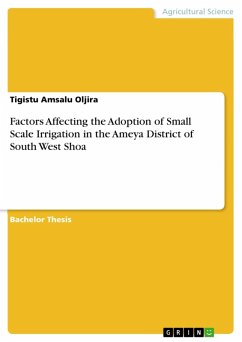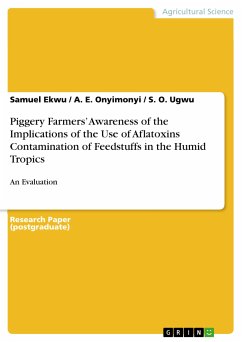Master's Thesis from the year 2013 in the subject Agrarian Studies, University of Ghent, language: English, abstract: In the transition from a fossil to a bio-based economy, it has become an important challenge to maximally recycle valuable nutrients that currently end up in waste streams. Nutrient resources are rapidly depleting. Significant amounts of fossil energy are required for the production of synthetic fertilizers, whereas costs for energy and fertilizers are increasing. The goal of this thesis was to evaluate the impact of bio-amendments instead of synthetic fertilizers. It aims to i) identify the impact of the different scenarios on the soil fertility ii) the influence of bio-amendment substitutes on the soil quality and iii) the impact of the applied amendment on the plant nutrient contents. Eleven scenarios were designed from liquid manure, digestates and scrubber water. Their application resulted in no nitrate pollution according to the Flemish Manure decree in the top 90 cm of the soil. Also there was no negative impact on the soil quality and soil fertility though soil degradation needs to be monitored in the long term. Moreover, the nutrient status of the experimental field was already quite high to begin with. However, the lack of a reference treatment precluded the real evaluation of the potential of the bio-amendments on soil quality and crop yields. Meanwhile, biogas production through anaerobic digestion produces nutrient rich digestates, which could potentially be reused as green fertilizers in agriculture, thereby providing a sustainable substitute for synthetic fertilizers.
Dieser Download kann aus rechtlichen Gründen nur mit Rechnungsadresse in A, B, BG, CY, CZ, D, DK, EW, E, FIN, F, GR, HR, H, IRL, I, LT, L, LR, M, NL, PL, P, R, S, SLO, SK ausgeliefert werden.

